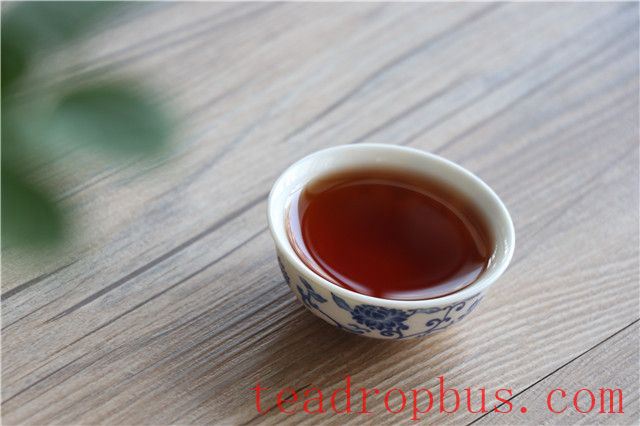Pu'er Tea is quite common in our lives, especially among elderly people who often drink it. Indeed, Pu'er tea has many benefits, but it's important to know that it also has side effects. Let's learn more about them below.

The Precautions for Drinking Pu'er Tea
1. Do not drink on an empty stomach; choose the right time to drink based on your condition
As many tea enthusiasts are aware, Pu'er tea aids digestion and refreshes the mind. Drinking it after meals or during the afternoon is beneficial to health. However, drinking it on an empty stomach or just before sleeping can be more harmful than beneficial.
Drinking strong Pu'er tea on an empty stomach can have the opposite effect: it dilutes gastric acid and hinders digestion. In severe cases, it may cause dizziness, eye strain, irritability, and other symptoms of “tea intoxication.” Over time, this can lead to gastrointestinal discomfort and disrupt normal digestive function. This is particularly true for those with kidney weakness, severe hypertension, or a rapid heartbeat.

2. Drink immediately after brewing; do not drink if left too long
Pu'er tea should be drunk soon after brewing. It is not recommended to drink tea that has been steeped for a long time or leftover Pu'er tea from the previous night. Pu'er tea that is consumed shortly after brewing is rich, full-bodied, and natural, containing more active ingredients and providing higher nutritional value. Its taste and Health benefits are at their best when enjoyed right away.
If Pu'er tea is steeped for an extended period, its aromatic compounds and polyphenols can oxidize and deteriorate. This not only diminishes the quality of the Pu'er tea and its flavor but can also produce harmful substances that can cause adverse reactions in the body after consumption.
3. Avoid drinking newly produced Pu'er tea
Drinking strong new Pu'er tea, especially raw Pu'er, can cause the nervous system to become highly excited, leading to palpitations, shortness of breath, increased heart rate, and other symptoms of “tea intoxication.” People with low gastric acid levels or chronic gastric ulcers, particularly elderly individuals, may experience adverse reactions such as gastrointestinal discomfort if they drink newly produced Pu'er tea regularly.

This is because the compounds in newly produced Pu'er tea have not yet been oxidized over time. Additionally, if brewed Pu'er tea is left out for too long, the tea will oxidize and spoil due to microbial growth, making it unsuitable for consumption.
The Side Effects of Pu'er Tea
1. Pu'er tea (ripened) contains a large amount of fluoride. Drinking large quantities of Pu'er tea (ripened) can result in high fluoride content, which, combined with water, can form calcium fluoride when interacting with calcium ions in the body. This compound is not easily absorbed and can cause calcium loss.
2. Pu'er tea (ripened) contains a lot of tea pigments. Drinking too much without brushing your teeth can easily leave tea stains on your teeth.
3. Pu'er tea regulates blood sugar levels relatively quickly. People with low blood sugar or low blood pressure may experience symptoms such as dizziness and nausea after drinking it.

4. The tannic acid and tannins in Pu'er tea (ripened) can combine with iron ions in the body, affecting hematopoietic function. Therefore, anemic patients and women during menstruation should avoid drinking Pu'er tea.
5. Pu'er tea (raw) is cold in nature. Drinking too much can cause abdominal pain, diarrhea, and other discomforts, harming the stomach.
Most people are familiar with Pu'er tea, as many enjoy drinking it. It helps with weight loss and offers various benefits that make it appealing. However, choosing the right tea for yourself is crucial.